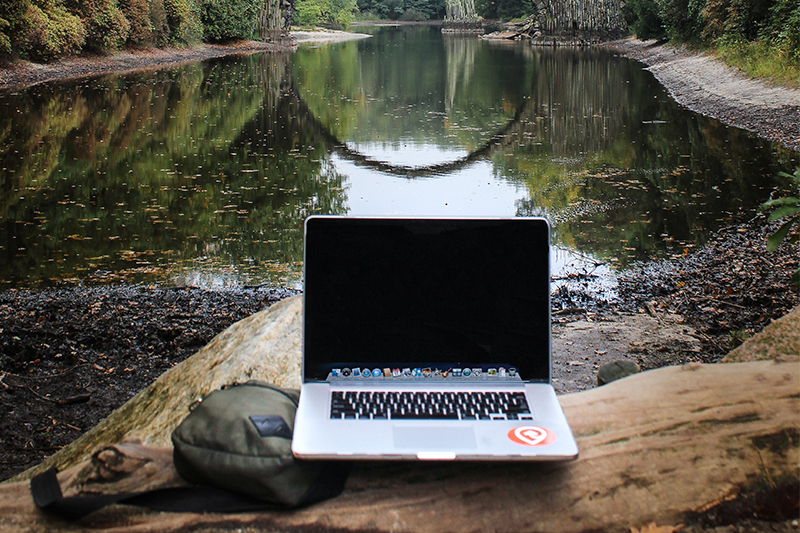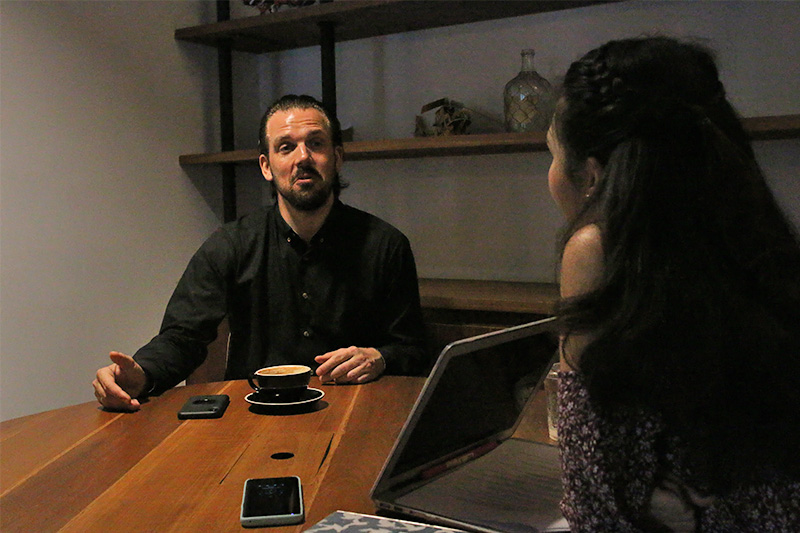Meet Dr Daniel Schlagwein, a professor and researcher travelling the world to better understand the rising phenomenon of digital nomadism far beyond the paradise of high-speed internet and tropical islands.
With the emergence of co-working spaces, startup hubs and co-living spaces, we have all seen the rise of the ‘digital nomad.’ But what does it actually feel like to live this existence, who is managing to do it, and why? These are all questions Dr Daniel Schlagwein, an Associate Professor of Business Information Systems The University of Sydney in Australia, has been seeking to answer in his five years of study. He sat down with Hive Life to help us explain the birth of the digital nomad – and with it, a generation’s entirely new way of working and living.

Much of Dr Daniel Schlagwein’s interest in unravelling the phenomenon of digital nomadism stems from personal experience. Like many others, Daniel was attracted to the untethered freedom, low-cost living, adventure and experience of travelling. Working remotely on his PhD degree, he was a visiting scholar and at Chulalongkorn University’s Sasin business school in Bangkok. At that point, he discovered an emerging community of location-independent workers and his interest in studying them was piqued. “I have always been interested in how individuals choose to live a life of their making rather than being forced into a particular lifestyle because of their employment conditions or the grind of 9 – 5 work,” he explains. “The digital nomads have taken the advantages of the internet and technology and created a completely different lifestyle. This transformative process is fascinating.”
As Daniel describes it, “Digital nomadism is a new beast born from travelling and the entrepreneurial and freelance lifestyle. If backpacking is the teenage version, then digital nomadism is the professional version.” In his research paper, The History of Digital Nomadism, he points out that we have been nomads throughout most of our history as hunter-gatherers before the invention of agriculture. Digital nomadism is a return to the nomadic living. “The need to explore is deeply rooted in Western cultures and there is a strong, personality-driven desire for adventure and maximising experiences that you get out of life,” he explains. The idea of having a fixed place to work and live did not exist until the industrial revolution, and now, “the usual structures and ways to control people in a nation-state such as giving them a passport, having institutions and residential addresses in place, no longer exist for digital nomads,” says Daniel. “This emphasises the necessity to understand the phenomenon better.”

Anywhere between 200,000 and 500,000 people today are estimated to be part of this growing movement – though they aren’t yet spread evenly across the world. “Certain references can be drawn on the representation of the community, but a lot of research is needed,” says Daniel. So far, that research shows more men than women adopt this lifestyle, and that they are mostly Europeans and North-Americans. “With regards as to why it’s not as large a phenomenon for Asians yet, I think this comes down mainly to passports and travelling issues. There are also cultural aspects, as there are greater expectations for collectivist societies to stay close to the family.”
With the digital nomads has come a whole new set of concerns, cares and consumer opportunities. “The digital millennial generation is more focused on making experiences than owning things. They don’t need a lot of things to make them happy,” says Daniel. And the companies that have benefitted from this are all those poised to deliver on this as the blurring of home and office, work and leisure colours every aspect of our lives. He attests, “Today’s biggest companies are Apple, Microsoft and Google, all of which involve the potential for entrepreneurship in the digital space.” Given the huge benefits of understanding and catering to this growing tribe, Daniel is convinced of the value in studying them. “Everybody recognizes that it is a phenomenon, but no one is in a position to define it.” As their influence only grows, that is surely set to change.
Related Articles




